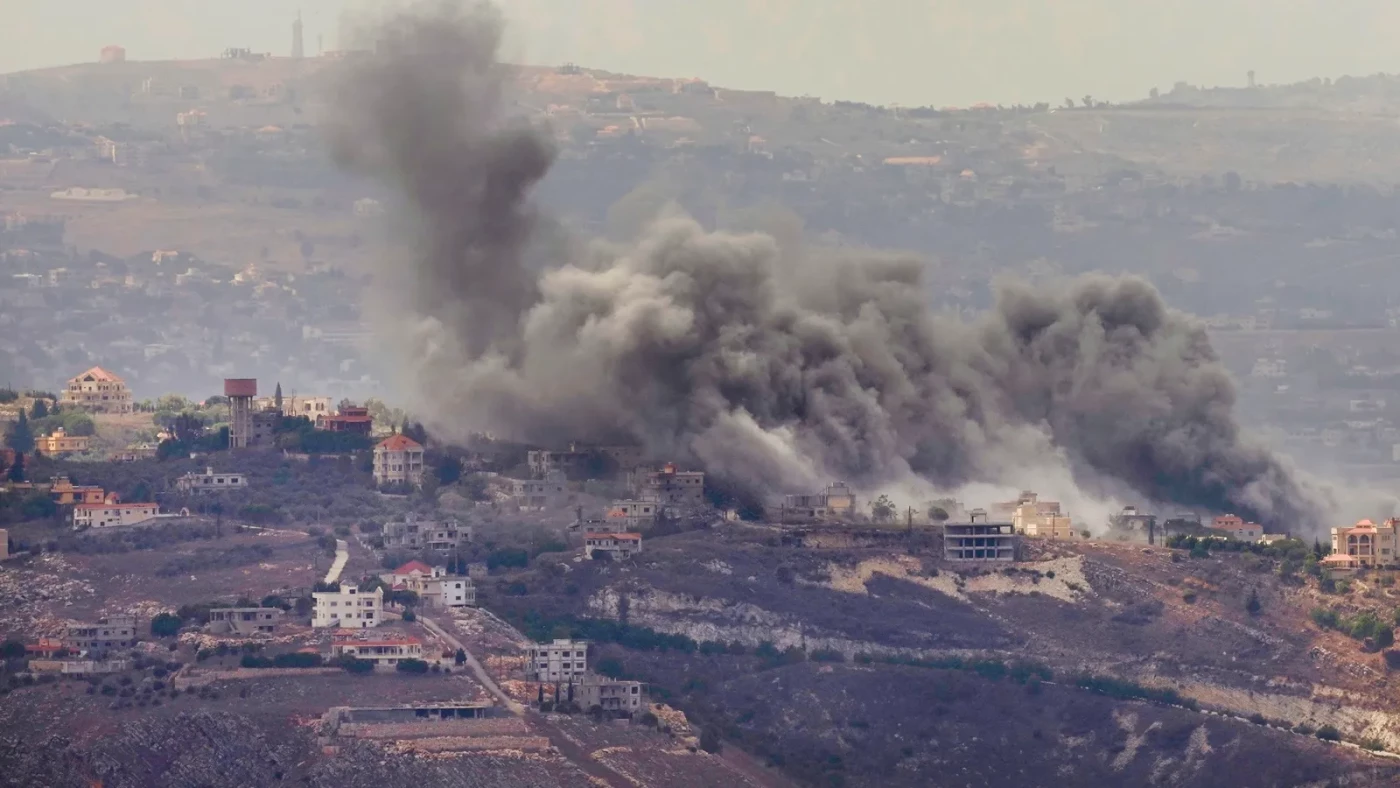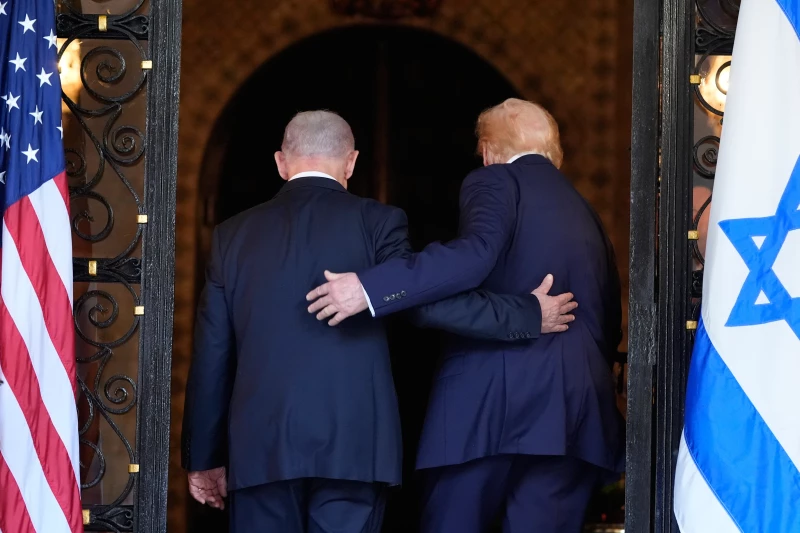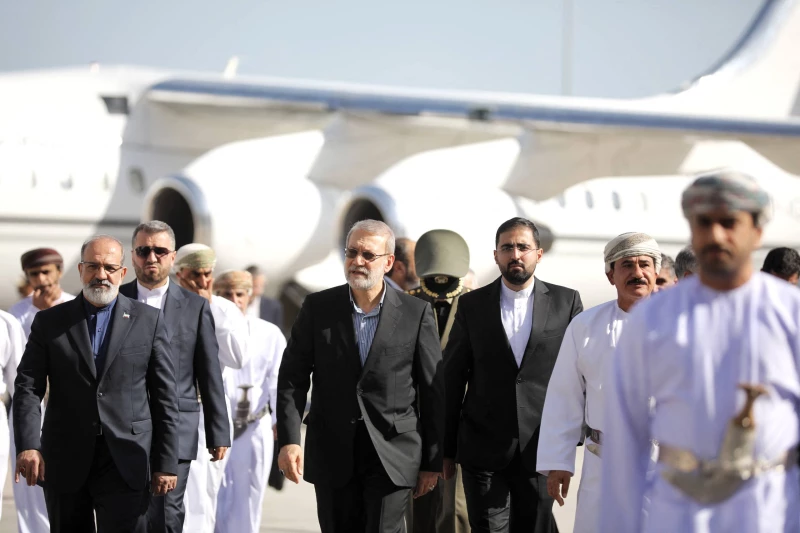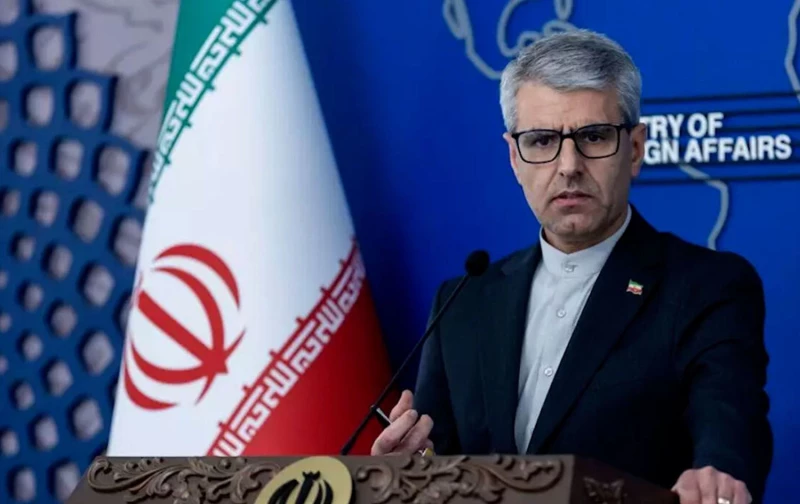ERBIL, Kurdistan Region of Iraq - An Iraqi national was killed in an Israeli airstrike on the southern Lebanese city of Tyre, an official confirmed to The New Region, raising the number of Iraqis killed in the country in Israeli bombardments to two.
“An Iraqi citizen named Dhu al-Faqar Dhargham was martyred today in the city of Tyre in southern Lebanon,” Ammar Alwani, media and communication officer at the Iraqi embassy to Beirut, confirmed to The New Region.
Alwani added the slain Iraqi national was from Najaf province and they had begun preparations to repatriate his dead body to Iraq.
Earlier today, the Iraqi state media announced that an unspecified number of Iraqis were also wounded in another Israeli strike on Beirut.
Israel and Hezbollah have since last week engaged in cross-border daily exchanges of fire, following a major Israeli cybersecurity attack which targeted communication devices including pagers and walkie-talkies, claiming dozens of lives and wounding around 4,000.
The Israeli military on Tuesday claimed that they killed Ibrahim Qubaisi, a leading member of Hezbollah’s rockets division in a strike on Beirut.
Over 550 Lebanese have been killed and up to 1,600 wounded in Israel's deadliest strikes in nearly two decades on Lebanon since Monday, according to the latest tally published by the Lebanese health ministry.
In Beirut and other cities, schools have been shut down and repurposed to host thousands fleeing the bombardments.
Israeli Prime Minister Benjamin Netanyahu said that the Israeli Defense Forces (IDF) would press on with their air campaign against Hezbollah.
“We will continue to hit Hezbollah,” Netanyahu said upon visiting an Israeli intelligence base on Tuesday.
The Israeli military reported that more than 100 rockets were launched from Lebanon into northern Israel on Tuesday morning, including 50 rockets targeting the Kiryat Shmona area.
As tensions rise, observers warn that the conflict could mark a turning point in the regional conflict, potentially prompting a coordinated response from Hezbollah and its allies in Iraq and beyond. Many are questioning how these developments will impact the stability of the region in the coming weeks.
Iraqi leaders including President Abdul Latif Rashid, Prime Minister Mohammed Shia’ al-Sudani and many other Shiite groups who are deeply aligned with Hezbollah, have strongly condemned Israel’s attacks.
“Amid these dangerous developments, Rashid called for the necessity of an international stance to stop the aggressive actions, as they could lead to the region slipping into dangerous scenarios that serve no one, and to prevent escalation and the extension of the war to Lebanon or any other area,” read a statement from the Iraqi president’s office on Tuesday.
For his part, Sudani directed relevant authorities to extend entry visas for Lebanese citizens in Iraq “without the need to travel for a period of thirty days,” exempt from penalties Lebanese citizens currently in violation of Iraq’s Foreigners’ Residence Law, and continue to provide free visas for Lebanese citizens arriving at Iraq border crossings.
The Iraqi prime minister also announced that Baghdad is working on holding an emergency meeting between the Arab leaders currently present in New York for the UN General Assembly to discuss the repercussions of the Israeli aggression on Lebanon.
The office of Iraq’s top Shiite authority Ayatollah Ali al-Sistani on Monday expressed solidarity with the Lebanese people and called for urgent efforts to stop the “barbaric aggression."
“We will do everything possible to alleviate the suffering of our brothers in Lebanon through air and land bridges, facilitating the shipment of fuel to operate power stations needed by Lebanese hospitals and service institutions,” said Sudani in response to Sistani’s call.



 Facebook
Facebook
 LinkedIn
LinkedIn
 Telegram
Telegram
 X
X


